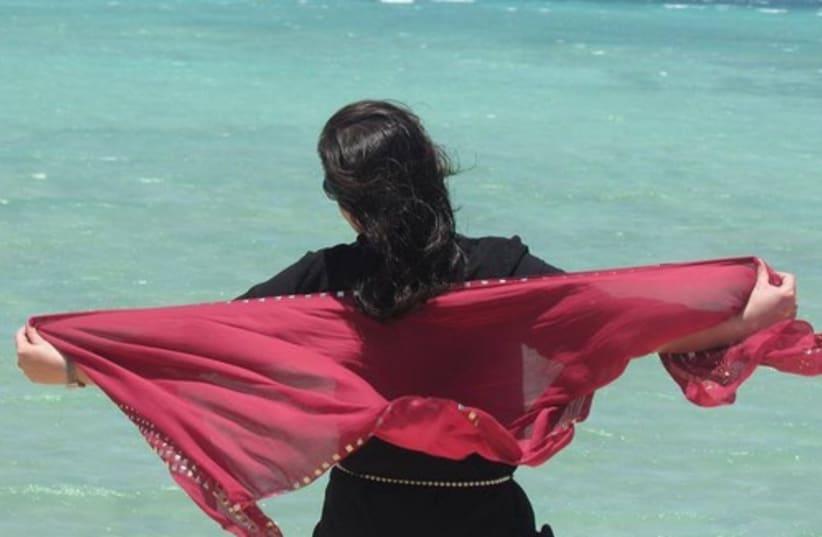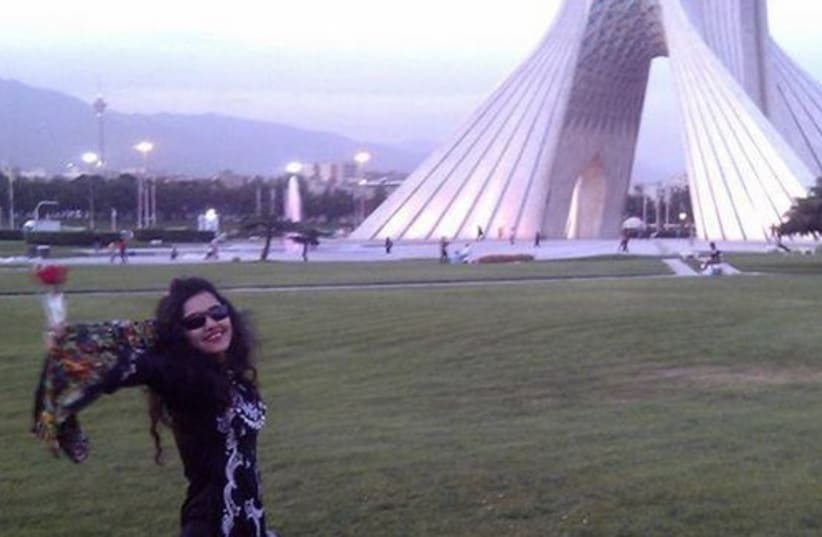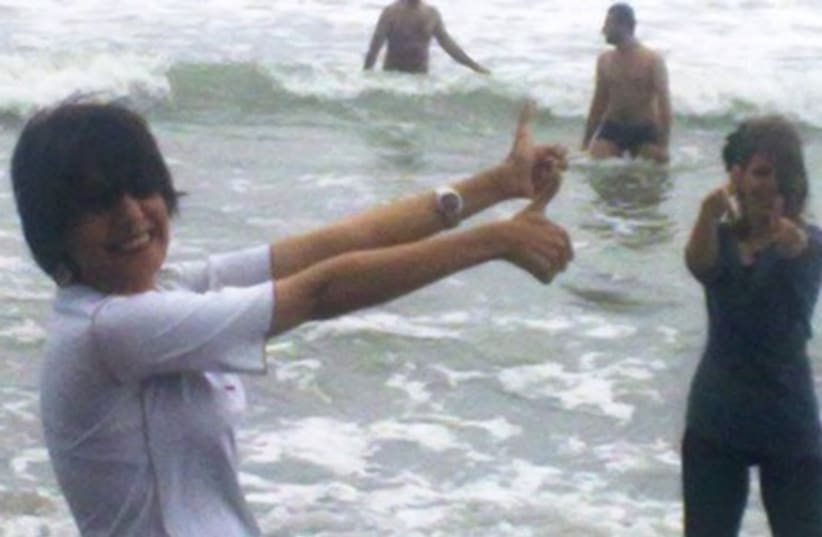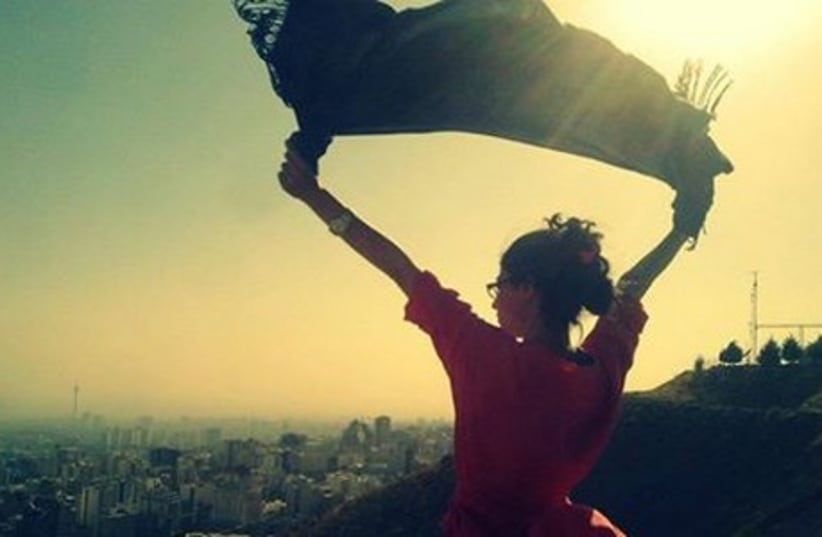




Women all over Iran are letting their hair down and staging a protest by posting pictures of themselves on Facebook without their hijabs, risking imprisonment, among other punishments.Many of the photos on the My Stealthy Freedom Facebook page show happy bare-headed women, sometimes flying their veil behind them like a flag. Captions read things like: “Hoping for the day when our freedoms will be overt and not stealth any more. Nobody has the right to see women as their property or make decisions for them.” The page has garnered over 300,000 likes in just over two weeks and the woman behind the page has recently launched a Twitter micro-blog.Masih Alinejad, who founded the page, said: “There is a phrase called guilty pleasures in English, you know, like having a fondness for chocolate when you know it’s not good for you... For me, when I was in Iran, taking my veil off was like thumbing my nose at authority, especially the authority that was forced upon me.”“These women are extremely brave because they have posted their photographs on Facebook, which is banned under the law in Iran,” Alinejad told The Washington Post. “They are in a way daring the authorities to arrest them. And with the publicity that the site has received, the pictures of these women are all over the world.”Since the 1979 Iranian Revolution, women have been required to cover their hair with a hijab, and some more conservative Iranians have taken note of the social media protest and have staged a protest of their own, according to the news website Euronews.Hundreds of people marched through Tehran last week to call on the government to enforce the dress code for women. They carried posters of a stiletto shoe with a red strike through the middle, in an apparent response to My Stealthy Freedom, according to the report.Hardline Islamists see the bare-headed protest movement as evidence of creeping Westernization. One poster read: “We will start another revolution if the Hijab situation doesn’t change.” Iranian President Hassan Rouhani has been more lax than previous leaders about the dress code, allowing looser clothing to be worn in the hot summer months, saying the emphasis should be on virtue rather than fashion.Benjamin Weinthal contributed to this report.
